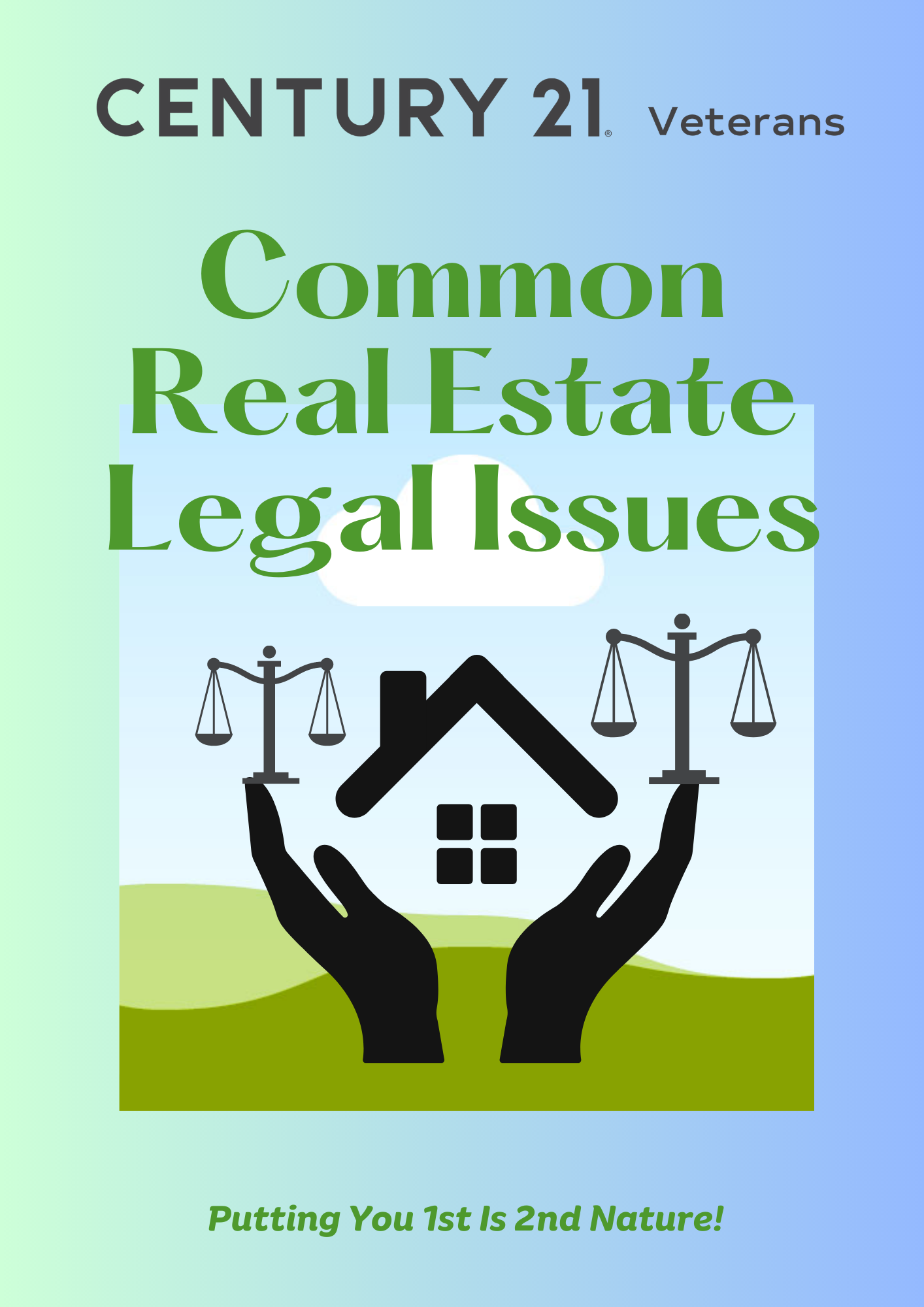Common Real Estate Legal Issues in Pennsylvania
When it comes to real estate transactions, legal issues can arise that have the potential to complicate or even derail the process. Whether you’re buying, selling, or investing in real estate in Pennsylvania, it’s important to be aware of common legal challenges that can arise. Here are some of the most prevalent real estate legal issues in Pennsylvania:
1. Property Disclosures
Pennsylvania law requires sellers to disclose certain information about the property they are selling. Failure to disclose material defects or known issues can lead to legal consequences. Buyers have the right to know about any significant problems with the property. Such as structural issues, water damage, or past repairs. Sellers should consult with a Realtor to ensure they comply with disclosure requirements.
2. Contract Disputes
Disputes can arise from issues related to real estate contracts. Such as purchase agreements, lease agreements, or financing agreements. Common contract disputes include disagreements over terms and conditions, breaches of contract, or disputes regarding property inspections. It’s essential to have a clear and comprehensive contract drafted by an experienced Realtor to minimize the risk of disputes.
3. Zoning and Land Use
Zoning and land use regulations dictate how properties can be used in specific areas. Violating zoning laws or restrictions can result in legal challenges and penalties. Issues can arise when buyers or investors intend to use a property for purposes that are not permitted under the zoning regulations. It’s crucial to conduct thorough due diligence and consult with a Realtor to ensure compliance with zoning and land use regulations.
4. Title Issues
Title issues can cloud the ownership of a property. Making it challenging to buy or sell. Common title issues include liens, encroachments, easements, or unknown heirs. Conducting a title search and obtaining title insurance can help identify and resolve potential title issues. A Realtor, along with a Title Agency, can assist in examining the title history and resolving any problems that may arise.
5. Foreclosure
Foreclosure is a legal process through which a lender can take possession of a property when a borrower defaults on their mortgage payments. In Pennsylvania, foreclosure laws can be complex, involving both judicial and non-judicial processes. Homeowners facing foreclosure should seek help to understand their rights and explore options for avoiding foreclosure or mitigating its impact.
6. Landlord-Tenant Disputes
Rental properties are subject to specific laws and regulations governing landlord-tenant relationships. Disputes can arise regarding lease agreements, security deposits, rent increases, property maintenance, or eviction procedures. Both landlords and tenants should be aware of their rights and responsibilities under Pennsylvania’s landlord-tenant laws. Consulting with a Realtor can help resolve disputes and ensure compliance with applicable laws.
7. Environmental Concerns
Environmental issues, such as contamination or hazardous materials, can affect the value and use of a property. Sellers must disclose any known environmental hazards, and buyers should conduct thorough environmental due diligence to identify potential risks. Engaging environmental consultants and working with a Realtor can help navigate environmental regulations and address any concerns.
8. Construction and Contractor Disputes
Construction and renovation projects can give rise to disputes between property owners and contractors. Issues may include breach of contract, defective workmanship, or disagreements over payment. Having clear and detailed contracts, obtaining necessary permits, and closely managing construction projects can minimize the risk of disputes. In case of conflicts, a real estate attorney can help resolve issues through negotiation or legal action.
Navigating the legal aspects of real estate transactions in Pennsylvania requires diligence and professional guidance. Consulting with a qualified Realtor can help you understand your rights, protect your interests, and avoid potential legal pitfalls.


 Facebook
Facebook
 X
X
 Pinterest
Pinterest
 Copy Link
Copy Link



